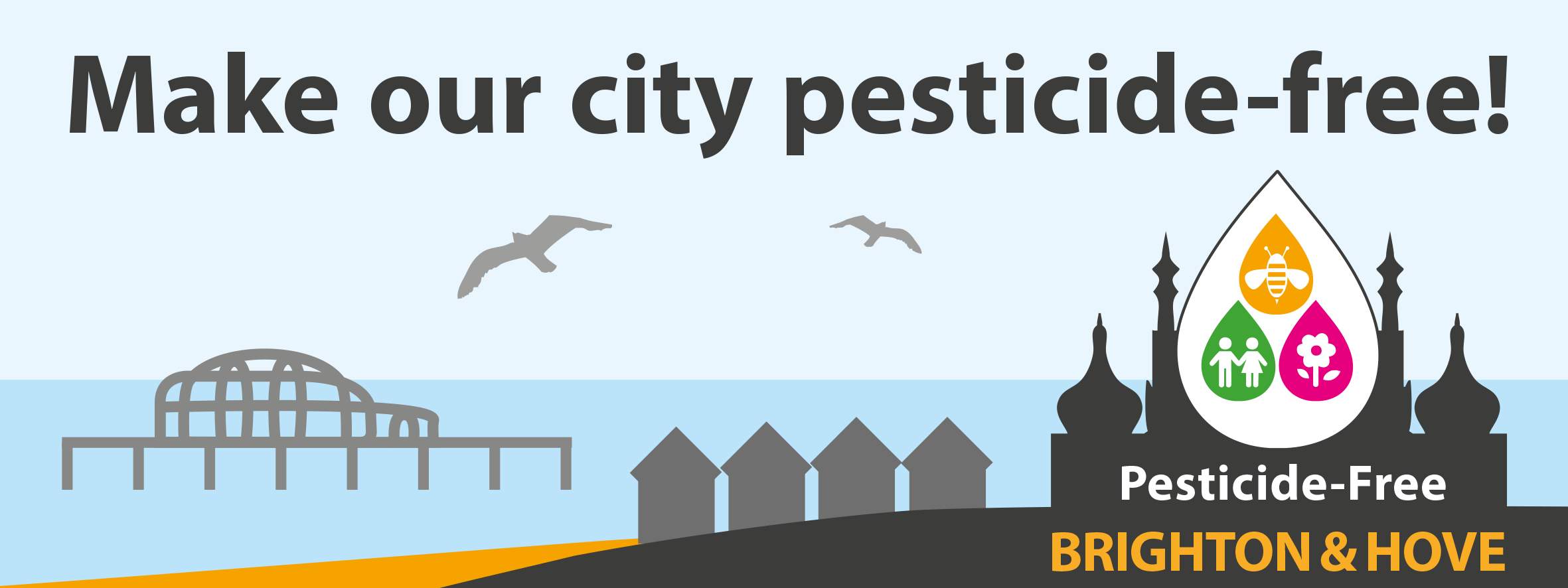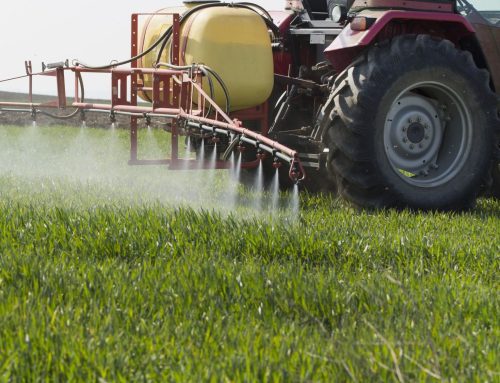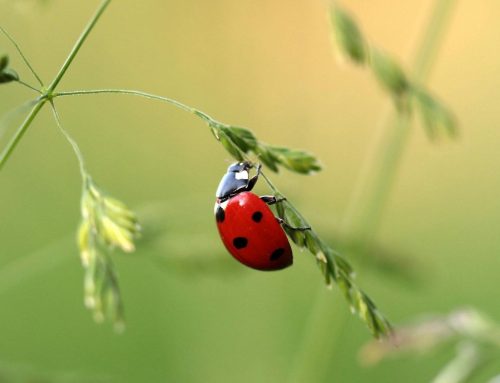Brighton and Hove Council have decided to reinstate the use of the controversial herbicide, glyphosate, on the city’s streets.
This decision bucks the trend of recent years which has seen more than one hundred UK local authorities either end, or significantly reduce, their use of pesticides in urban areas and the EU prepare to ban pesticides from towns and cities across all 27 member states. It also comes during a run of court cases in the US which have resulted in glyphosate manufacturer – Bayer – paying out billions of dollars in compensation to cancer-sufferers that claim using the chemical contributed to their illness.
Josie Cohen, a local resident who works for the Brighton-based charity PAN UK, “It is incredibly disappointing to see Brighton & Hove Council take this huge step backwards. Evidence shows that glyphosate has the potential to contribute to a range of serious illnesses including cancer, diabetes and kidney disease. We know that children are the most vulnerable to the impacts of pesticides since their bodies are in development and less able to cope with toxins. Every month, more UK councils are going pesticide-free and, globally, we are moving towards an end to pesticide use in urban areas. Our council is on the on the wrong side of history on this one.”
In addition to the human health effects, glyphosate has also been found to harm pets and wildlife, including bees and has been classified as ‘toxic to aquatic life’ by the European Chemicals Agency. Using glyphosate on streets poses a particularly high-risk since chemicals tend to run off hard surfaces into waterbodies. This threatens to contaminate local water sources – including the aquifer that sits under Brighton & Hove – putting aquatic species at risk.
The council’s decision is justified largely on the basis of resident dissatisfaction with weeds. However, the council document due to be voted upon next week lists a total of just 56 complaints about weeds to its Customer Service Team and only one successful insurance claim relating to a ‘slip, trip or fall’ since 2019.
Cohen added, “It is absolutely vital that streets are maintained in a way which enables all residents to enjoy our city to the fullest, especially the elderly and those using wheelchairs and buggies. But many other councils – such as the London Boroughs of Lambeth and Hounslow – have managed to ensure accessibility while ending the use of toxic chemicals. It is entirely possible to keep our city looking beautiful while at the same time prioritising human health and the environment. With nature in fast decline and rates of serious diseases such as cancer on the rise, can this really be the time to return to using toxic chemicals?”.
The city’s voters may be surprised to learn of this U-turn by the Labour-led council, just nine months after the party’s manifesto for the 2023 council elections promised “We won’t return to the use of harmful glyphosate, but we will work with our communities on targeted environmental and sustainable solutions, protecting human health, enabling nature to flourish and ensuring streets are managed to a high standard and are accessible to all.”
“Thankfully the Council is keeping the city’s parks and green spaces pesticide-free”, said Cohen. “We strongly urge councillors to reconsider the return to glyphosate on our streets. At the very least, we call on them to publish a full policy setting out a timebound plan for once again phasing out the use of toxic pesticides in urban, public spaces.”
Take Action:
We will be taking part in a protest outside Hove Town Hall at 3pm on Tuesday (23rd January). If you feel passionately about this issue, please do join us! In addition, please send an email to your local councillors asking them to continue to keep the city pesticide-free. You can find out how to contact your ward councillors here.






